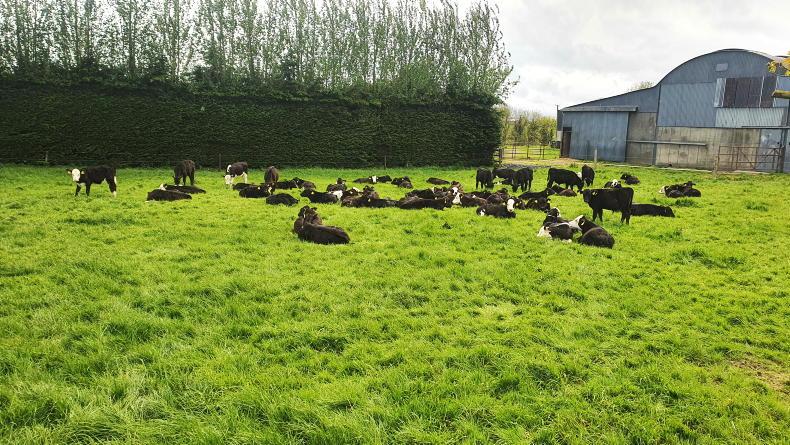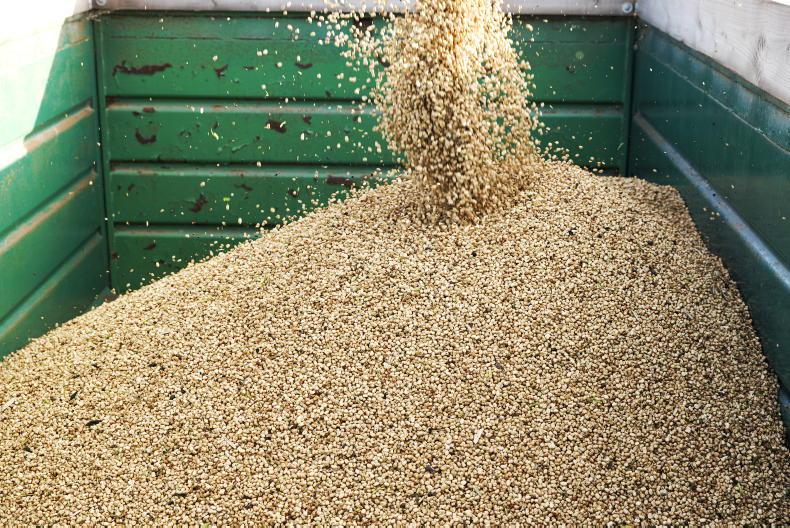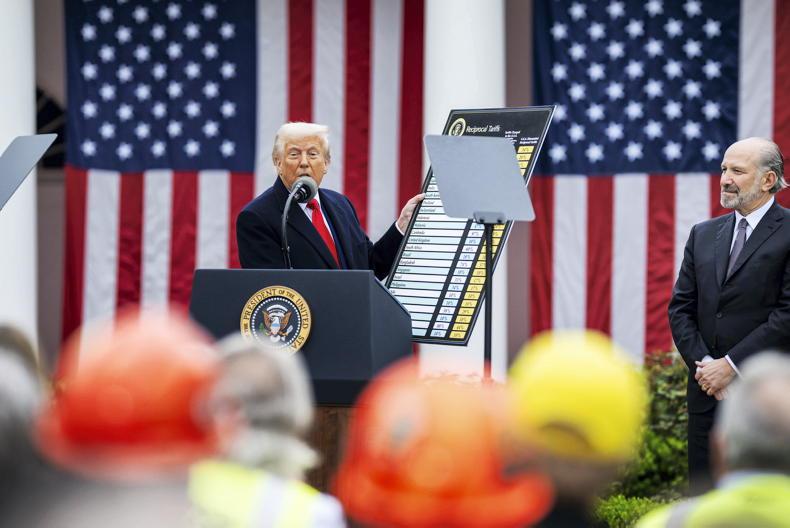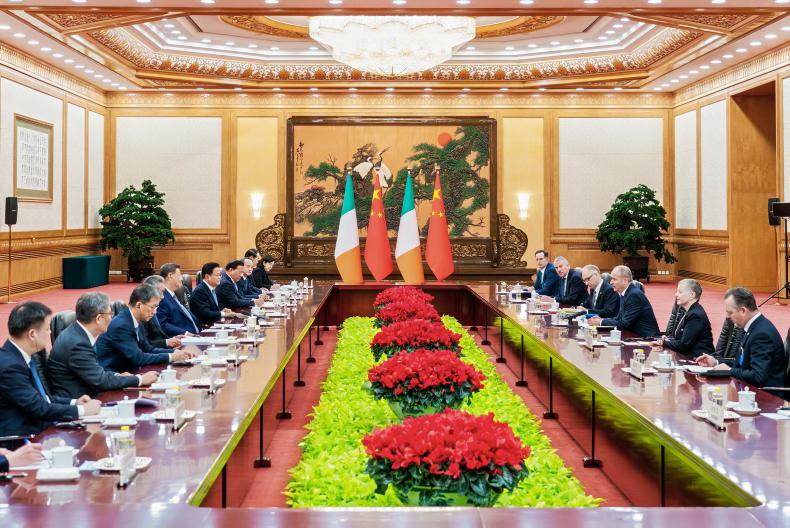Historically Irish beef prices were determined by whatever was happening in the UK, while more recently it was a combination of the UK and EU that shaped the fortunes of Irish beef producers. Both the UK and EU remain, and will continue to be, important influences, but with Brexit and a more open EU trade policy, the global beef trade will become ever more important in setting Irish prices.
Across the world about 10.5m tonnes of beef are traded annually. The biggest player is Brazil which exports 2m tonnes, almost 20% of all beef traded, followed by the US and Australia, each exporting over 1m tonnes.
India is also a major exporter of buffalo meat, primarily into lower value Asian markets though it doesn’t compete with mainstream beef.
Ireland is also a major player being the largest net exporter in the northern hemisphere.
Re-opening of hospitality
Over the past year it has been the strength of demand in the retail sector that has dictated beef price, particularly in the UK. As hospitality reopens around the world, catering sector demand is starting to return and this market is always the most receptive to imported produce, with price being a big influence.
This reopening has generated demand around the world in addition to an ever increasing demand from China for beef.
There has also been an interesting twist recently with Argentina, which exports 750,000t annually, suspending exports for 30 days. This creates a deficit in supply for China, with Brazil and increasingly the US best placed to be alternative providers. This in turn puts pressure on supplies to their existing customers and it is the most basic rule of economics that when supply tightens, prices increase.
Surge in Brazilian beef prices
Nowhere is this more evident than in Brazil. At the beginning of June 2020, the Brazilian beef price was R$12.73/kg which was the equivalent of €2.27/kg. Today this has increased to R$20.40, which is the equivalent of €3.32/kg – €1.05/kg more than this time last year. The Brazilian currency has been declining in value against the euro in recent years, though it has recovered some of this loss in recent weeks.
With this level of increase in Brazil and Argentina out of the market at present, there will be no cheap South American beef entering the EU market this summer. If there is a surge in demand across Europe from reopening, it will be most likely filled from within and this should be good news for Irish farmers.









SHARING OPTIONS